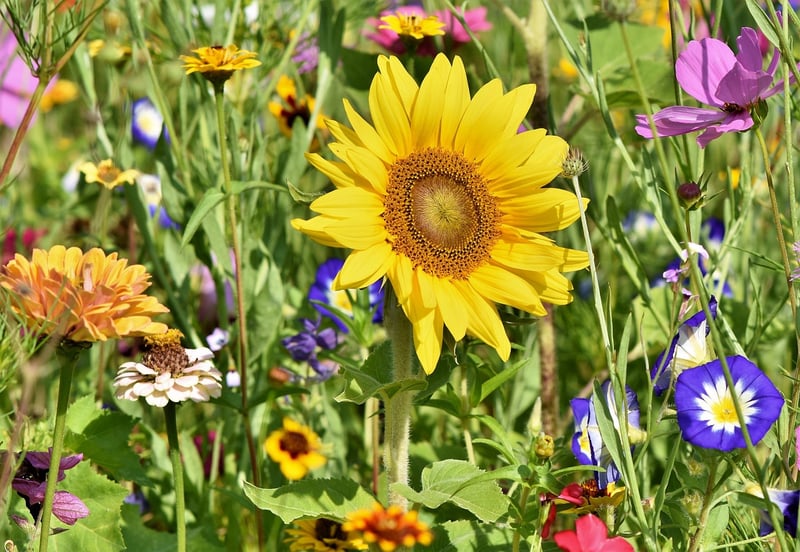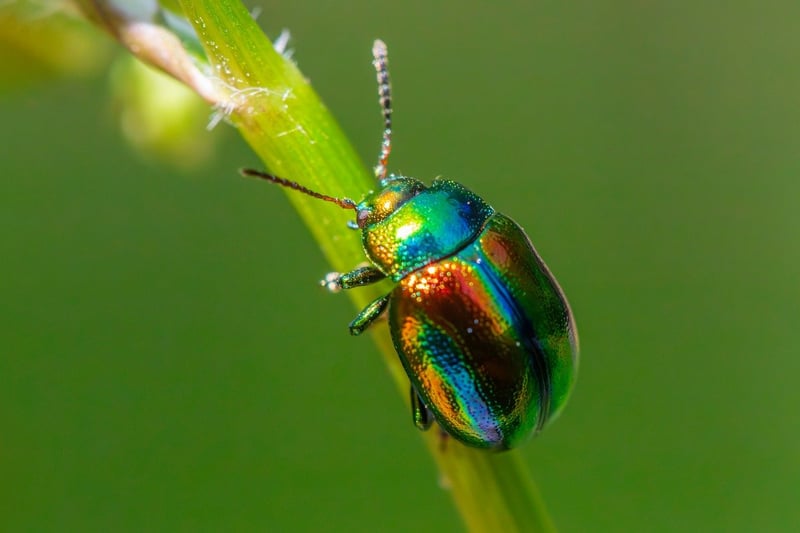Pest Control Strategies
Keep Your Garden Thriving: Pest Control Strategies
Welcome to our guide on keeping your garden healthy and vibrant by effectively managing pests. A beautiful garden requires care and attention, and one essential aspect of this is pest control. Let's explore some strategies to help you keep pests at bay and ensure your plants flourish.
1. Identify Common Garden Pests
Before implementing any pest control measures, it's crucial to identify the pests that are causing damage to your garden. Common garden pests include aphids, caterpillars, snails, slugs, and spider mites. By understanding the specific pests you're dealing with, you can choose the most appropriate control methods.
2. Natural Pest Control Methods
Consider using natural pest control methods to protect your garden without harming beneficial insects or the environment. Some effective natural remedies include:
- Introducing beneficial insects like ladybugs and lacewings that prey on garden pests.
- Using neem oil, a natural insecticide, to deter pests and prevent infestations.
- Planting companion plants that repel pests, such as marigolds to deter aphids.
3. Organic Pest Control Products
If natural methods are not sufficient, you can opt for organic pest control products that are safe for use in your garden. Look for products containing ingredients like spinosad or insecticidal soap, which effectively target pests while minimizing harm to beneficial insects.
4. Mechanical Pest Control
Implement mechanical pest control methods to physically remove pests from your garden. This can include handpicking larger pests like caterpillars or using barriers like row covers to protect plants from pests like birds or rodents.
5. Maintain Garden Hygiene
Regularly inspect your plants for signs of pest damage and remove any affected leaves or plant parts to prevent the spread of infestations. Additionally, keep your garden clean and tidy by removing debris and weeds that can harbor pests.
6. Encourage Biodiversity
Promote biodiversity in your garden by planting a variety of flowers, herbs, and vegetables. A diverse garden ecosystem is more resilient to pest infestations as it provides habitat and food sources for beneficial insects that help control pest populations.
7. Monitor Your Garden
Regularly monitor your garden for pest activity and signs of damage. Early detection allows you to take prompt action before pests have a chance to multiply and cause extensive harm to your plants.
By following these pest control strategies and maintaining a proactive approach to garden care, you can create a thriving and pest-free garden that you can enjoy all season long.
Remember, a healthy garden is a happy garden!

Image source: Pixabay
